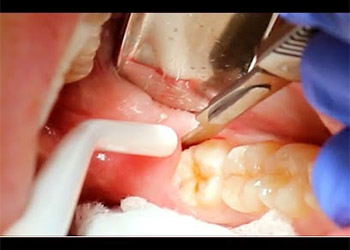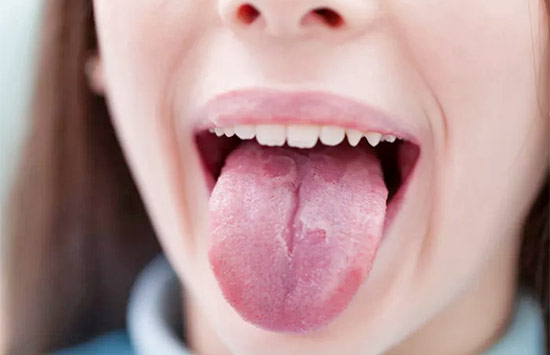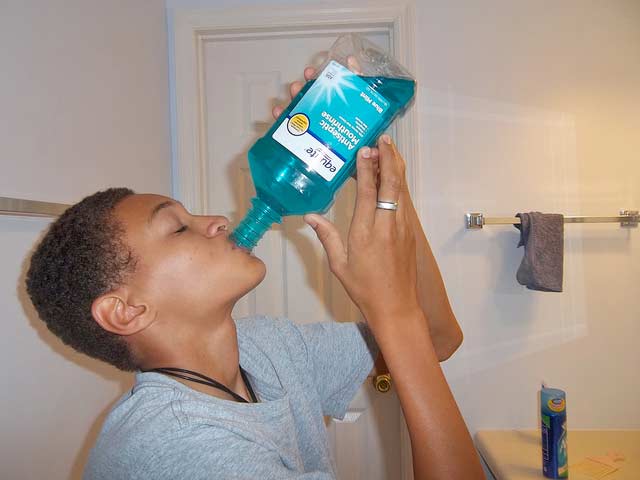Wisdom Teeth are the third and final sets of molars which usually appear around the age of twenty.
They are now deemed unnecessary due to the fact that we no longer live In a harsh environment. There is more comfort in chewing with our modern day equipment. Other than like back in the day when we had to eat rough rigid food without out any comfort of utensils.
Now since we have evolved throughout the years, our wisdom teeth are nothing more than a neglected body part. Even though we barely use it, it still wishes to push itself through, trying to be useful. Which in return, causing significant damage. Forcing other teeth to move out the way, creating a crooked smile, or deciding to grow in an awkward position underneath the gums. Therefore, requiring immediate removal.
After the wisdom tooth is extracted, you are most likely eager to disinfect it. Your first instinct is mouth wash due to it being an antiseptic. Even though this is true, it can still cause major damage if you decided to use it right after surgery. Leading to post-operative bleeding. This is why the requirement is at least 24 hours after surgery.
In that time frame if you wish to use a wisdom tooth mouthwash you can. The best kind of mouthwash that is recommended, is either a prescribed bottle from your dentist, Corsodyl Treatment Mouthwash, or the traditional saline rinse.
The reason why it is recommended to receive a prescribed mouthwash from your dentist is to be able to have a much more efficient healing process. Erasing the unnecessary risk that can lead to troubling situations.
Also, deciding to use Corsodyl Treatment Mouthwash is another safe route. Corsodyl can be used after surgery, simply because it contains Chlorhexidine Digluconate, which kills bacteria forming a protective antibacterial layer over the teeth and gums.
Rinsing your mouth with a saline rinse is another way to go. Considered as an antiseptic as well, gently removing bacteria from the surgical area, reducing swelling, and rinsing away the unwanted food.
Read also Angry Birds Mouthwash
Always remember to rinse gently, the first couple of days allow the mouthwash to easily slide out of your lips. Don’t swish the mouthwash back and forward throughout your mouth. In fact, tilt your head side to side in a swishing motion very slowly, continuing so for a few days. The risk of dislodging, or damaging the chance of recovery is very high for the first few days. Once a few days have passed you can swish as much as you please, but still not as firm as you would before surgery.
In conclusion, mouthwash after wisdom teeth removal can have a positive and negative results The best wisdom teeth mouthwash, can be prescribed from your dentist, personally buying Corsodyl which contains a chlorhexidine Digluconate, killing bacteria and forming a protective layer. Lastly, using a saline solution, more of a traditional way, but still effective. Gently erasing the bacteria and getting rid of all unwanted food particles.



